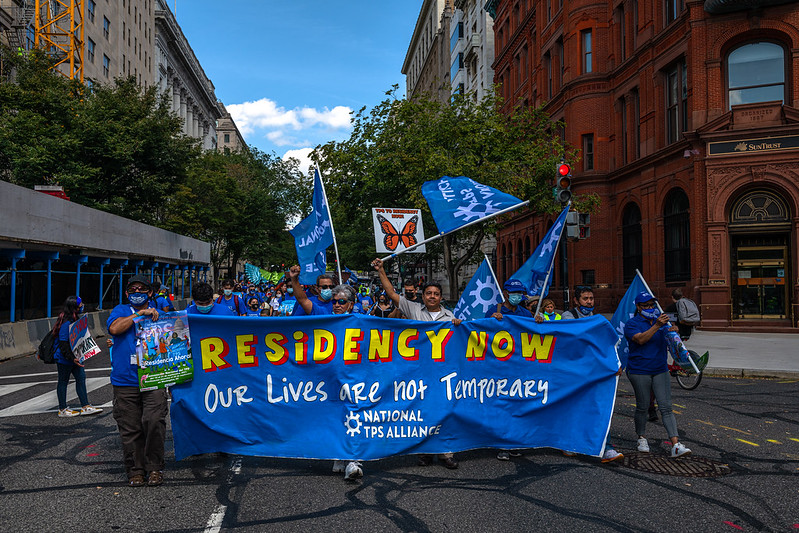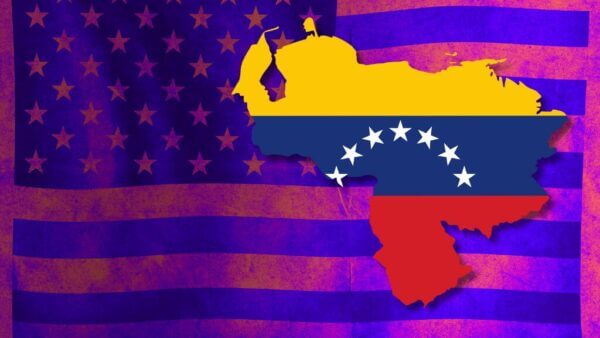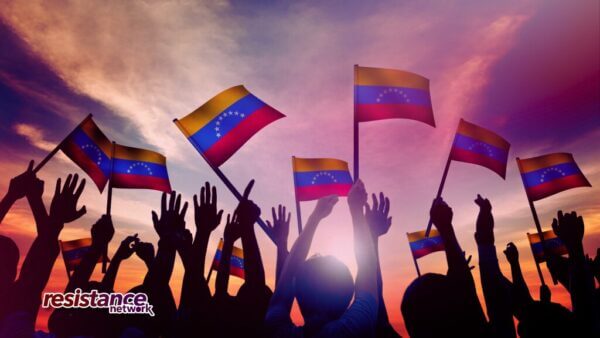Last week, President Biden unveiled a long-rumored executive action claiming in broad terms to “suspend and limit” asylum at the southern border. The goal of this policy is clear: to make it harder for people to seek humanitarian protection in the United States. UUSC and other human rights advocates therefore strongly condemn the new rule as inimical to U.S. and international laws protecting the rights of people in migration.
What is less clear, however, is the means the order would use to achieve this ugly purpose. Asylum is part of U.S. law; and deporting people from U.S. soil requires the cooperation of foreign governments. No president, therefore, can simply “suspend” entry unilaterally. “Shutting down the border” may make for eye-catching headlines—but what does it actually mean, when the executive is constrained by law and diplomacy?
What This Order Will Change
As closely as possible, the president’s order aims to mirror changes described in border legislation that twice failed to pass Congress this year. This legislation would have suspended asylum for people who cross the border outside ports of entry, if the number crosses a daily threshold. Biden’s order (which came in the form of both a proclamation and a regulation implementing it) purports to do the same thing by executive fiat.
Yet, Congress has powers to change the law that the president does not possess. As even the new regulation is forced to admit, the president cannot simply ignore asylum law or cancel parts of the U.S. immigration statute with a stroke of his pen. The president is bound, then—both by this legislation and by international treaties the U.S. has signed, to provide some forms of humanitarian relief to people seeking refuge from persecution and torture.
While purporting to recognize these legal realities, the new regulation goes as far toward banning asylum as it thinks it can get away with. Here’s how:
- Under the new rule, U.S. officials are instructed to deny asylum claims from most adults and families who cross the border outside designated ports of entry while the order is in effect. (And this will be virtually always, because the administration imposed an arbitrarily low numerical threshold to trigger the order.) This categorical denial based on a person’s method of entry appears to contradict U.S. law, which says that a person may apply for asylum so long as they “arrive” on U.S. soil—“whether or not at a designated port of arrival.”
- The rule claims to get around this plain meaning of the law through making a Kafkaesque legal distinction. It claims people in this category can still apply for asylum; they will just then be denied the status wholesale—in all but a small category of exceptions—when they do so.
- People in migration may still proactively request lesser forms of humanitarian relief under the rule—such as “withholding of removal” and Convention Against Torture protections—but U.S. officials will no longer conduct individual screenings to ask people whether they fear persecution or torture. This is a version of the so-called “shout test” that was implemented during Title 42, resulting in widespread arbitrary denials of relief.
- The new rule also creates an arbitrarily high standard for qualifying for these forms of relief that has never been implemented before, raising serious questions about how (if at all) people will be able to qualify for these protections, even if they somehow manage to get their claims heard under the “shout test.”
Despite facing this legal maze of confusing new requirements, asylum-seekers requesting these forms of relief will now be given only four hours to find an attorney before their initial screening interview. This severe reduction in time virtually ensures most people will face these encounters without the assistance of legal counsel.
What This Order Does Not Change
- U.S. officials would still not be able to detain asylum-seeking families for longer than 20 days. This is due to a decades-old legal settlement governing the treatment of children in U.S. federal custody.
- In part to get around this restriction, however, the administration is reportedly preparing to speed up the cases of families, specifically, so that they can be deported within the 20-day window. This policy will almost certainly result in more families with children being denied access to an attorney and rushed through a deportation process that may send them back to the hands of the persecutors they fled.
- The U.S. still cannot deport people who have reached U.S. soil without the consent of foreign governments, who must be willing to receive them.
- The order will not apply to unaccompanied children, people who request asylum at ports of entry through the CBP One App, and a handful of other exceptions. The unaccompanied minors exception is due to long-standing federal law designed to protect victims of trafficking. Since asylum-seeking families are still subject to rapid deportation under the order, however, the exception for unaccompanied children poses the risk that more families will be forced to make the heart-rending choice to send children alone, as happened under Title 42. The Biden administration’s new asylum-ban, therefore, could end up recreating yet another form of family separation.
These despicable policy changes may claim a fig-leaf of legal cover, through making artful and disingenuous interpretations of the statutes and treaties governing humanitarian access. But for people escaping persecution, kidnapping, extortion, and torture, the new rule will have a very different meaning. It means that the rights and safety that U.S. and international law promised them just became much harder to obtain. For all too many, these arbitrary barriers to relief could mean the difference between life and death.
UUSC and our partners will continue working for the safety and dignity of people in migration throughout the Americas. You can sign up for regular updates on our work here, and make a donation to support our efforts. A contribution to UUSC helps us work in solidarity with our partners to advance human rights and justice for displaced people worldwide.



